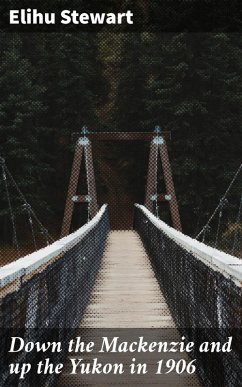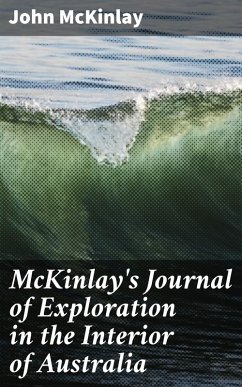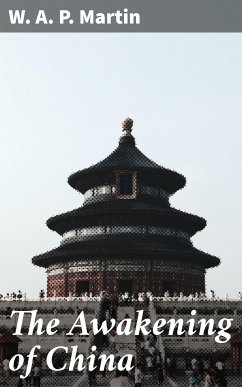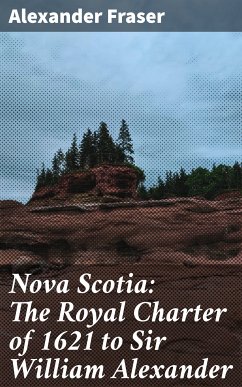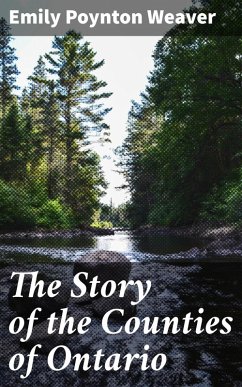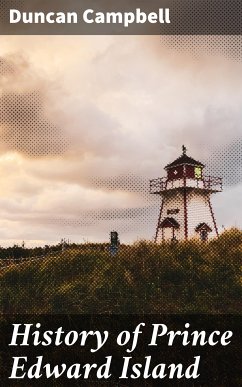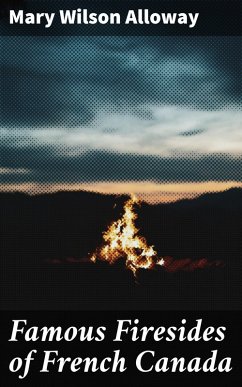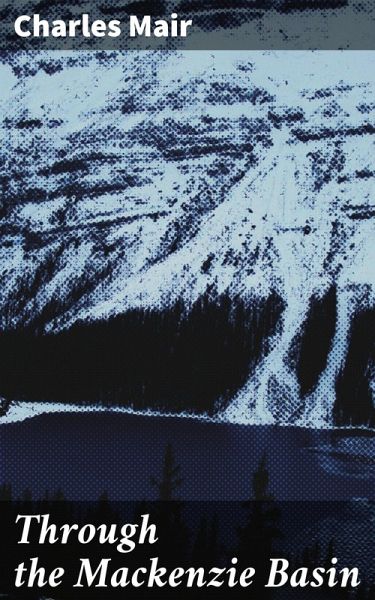
Through the Mackenzie Basin (eBook, ePUB)
Enriched edition. A Narrative of the Athabasca and Peace River Treaty Expedition of 1899
Kommentar: Prentiss, Jacob / Redaktion: Good Press
Versandkostenfrei!
Sofort per Download lieferbar
1,99 €
inkl. MwSt.
Weitere Ausgaben:

PAYBACK Punkte
0 °P sammeln!
In "Through the Mackenzie Basin," Charles Mair embarks on a formidable journey that intricately chronicles his experiences in the expansive Canadian North. This travel narrative, rich in vivid descriptions and detailed observations, provides readers with a window into the region's landscapes, Indigenous cultures, and burgeoning economic opportunities during the late 19th century. Mair's literary style blends elements of personal memoir and socio-political commentary, reflecting the burgeoning interest in western expansion and the complex relationships developed between settlers and Indigenous ...
In "Through the Mackenzie Basin," Charles Mair embarks on a formidable journey that intricately chronicles his experiences in the expansive Canadian North. This travel narrative, rich in vivid descriptions and detailed observations, provides readers with a window into the region's landscapes, Indigenous cultures, and burgeoning economic opportunities during the late 19th century. Mair's literary style blends elements of personal memoir and socio-political commentary, reflecting the burgeoning interest in western expansion and the complex relationships developed between settlers and Indigenous peoples, while situating his adventure within the larger context of Canadian exploration literature. Charles Mair, a notable figure in Canadian literature and a passionate advocate for western exploration, was deeply influenced by his roots in Ontario and his experiences as a soldier and government agent. His writings often reveal a commitment to establishing a national identity for Canada, which he articulated passionately through his explorations. Mair's connections with key historical figures and his fascination with Indigenous cultures inspired his nuanced perspectives, which he masterfully wove into his narrative. "Through the Mackenzie Basin" is a must-read for those interested in the intricacies of Canadian identity and exploration. Mair's rich prose and thoughtful insights offer a powerful testament to the spirit of adventure and discovery that characterized a pivotal time in Canada's history. In this enriched edition, we have carefully created added value for your reading experience: - Hand-picked Memorable Quotes shine a spotlight on moments of literary brilliance. - Interactive footnotes clarify unusual references, historical allusions, and archaic phrases for an effortless, more informed read.
Dieser Download kann aus rechtlichen Gründen nur mit Rechnungsadresse in A, B, BG, CY, CZ, D, DK, EW, E, FIN, F, GR, H, IRL, I, LT, L, LR, M, NL, PL, P, R, S, SLO, SK ausgeliefert werden.




